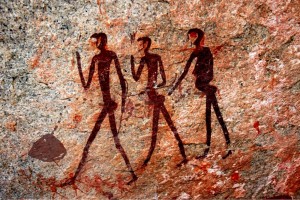 My ‘cleansing fast’ entailed, among other means of detoxifying body and soul, ten days of no food and twice-daily colonic irrigations. In my own defense, I did this only in the line of duty as a writer. Plus it involved staying in a pleasant seaside resort on Phuket, Thailand.
My ‘cleansing fast’ entailed, among other means of detoxifying body and soul, ten days of no food and twice-daily colonic irrigations. In my own defense, I did this only in the line of duty as a writer. Plus it involved staying in a pleasant seaside resort on Phuket, Thailand.
For a week and a half, voluntarily and allegedly in my right mind, I refrained from inserting as much as a single chewable morsel into my mouth. I was also subjected to apple cider-coffee-water colemas, otherwise known as colonic irrigations. The latter feature, I remain convinced, is malarkey.
The fasting itself is another story.
The whole procedure was effective in ways that remain in part mysterious. Over those ten days, I lost five kilos. That much was no surprise. The erosion of a certain cynicism about proceedings, on the other hand, needs explaining. And here’s my theory of what happened.
Tangible effects: At the end of the ten days, there was none of the huge relief I’d expected. I merely found myself relaxed, at once calm and alert. Not hungry, even as I realized I could eat breakfast that very day.
Other effects noted during the fast: a bad cold aborning disappeared overnight. A knee problem that had been with me for years vanished around the half-way mark. Patches of psoriasis on my scalp that resisted special shampoos for years disappeared. As I say, even my innate skepticism was threatened with erosion.
Hypothesis: The apparent benefits were the result of a biologically evolved hunter-gatherer response to famine.
No one should be surprised at the much-touted sharpened senses of smell and taste or the remarkable energy and alertness despite the lack of any apparent source of fuel. It makes sense that our ancestors, facing starvation, would slip into metabolic and perceptual gears that left them better able to spot sources of food and then either gather them or hunt them down. Same goes for the immune system. They’d want this operating at optimal capacity, since infected wounds and suchlike reduce the chances of successful hunting or gathering. And so it is, according to my theory, that reducing food intake to near zero, however counter-intuitively, can leave one wakeful and alert. Energized. Resistant to illness.
One instance of a more general human feature? It has occurred to me that this might present just one among a broader class of interesting phenomena. Lust and sex, for example, have evolved as biological predispositions, but few would claim that this is all there is to romantic love. Part of what it is to be human is to have higher, more satisfying, perhaps even more spiritual states emerge on the basis of brute biological drives.
Thus the energized alertness induced by controlled fasting can be redirected from hunting and gathering impulses to meditation and yoga and simple reflection on one’s being in the moment — to coming to understand oneself and one’s goals in life more clearly. (Yoga and guided meditation were part of the package, as this Phuket resort.)
Thus I conclude that even the revelatory experiences reported by many graduates of this program may be for real. But never mind all that — the manager claims that even people who can’t entirely understand it in empirical terms still feel the difference. “It’s a bit like electricity — we can’t see it, but we know it’s there.”
Though for those of you who value empirical evidence, here’s something I found after writing this post.

I can’t help thinking it may be cleansing for some but I’d like to hear from the employees of the spa. For them it’s more like rocky road ice cream than electricity: they can see it and they damn sure know it’s there. Blame these thoughts on your Canadian colleague. I have humanitarian issues on my mind. Ommmmm and out.
Which colleague? What have I missed?